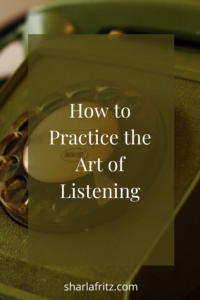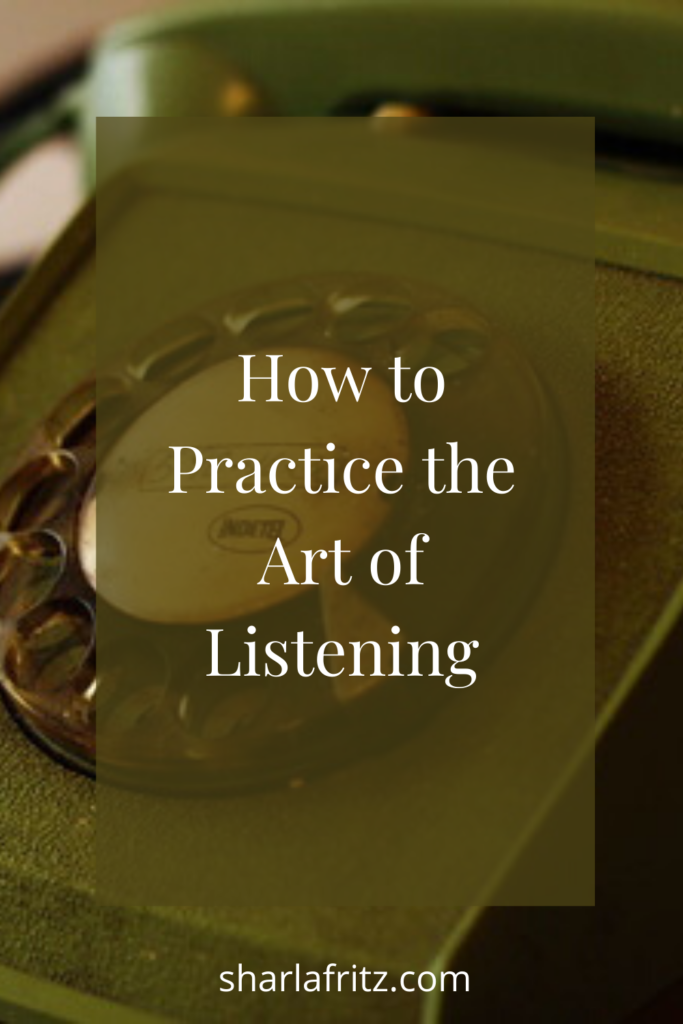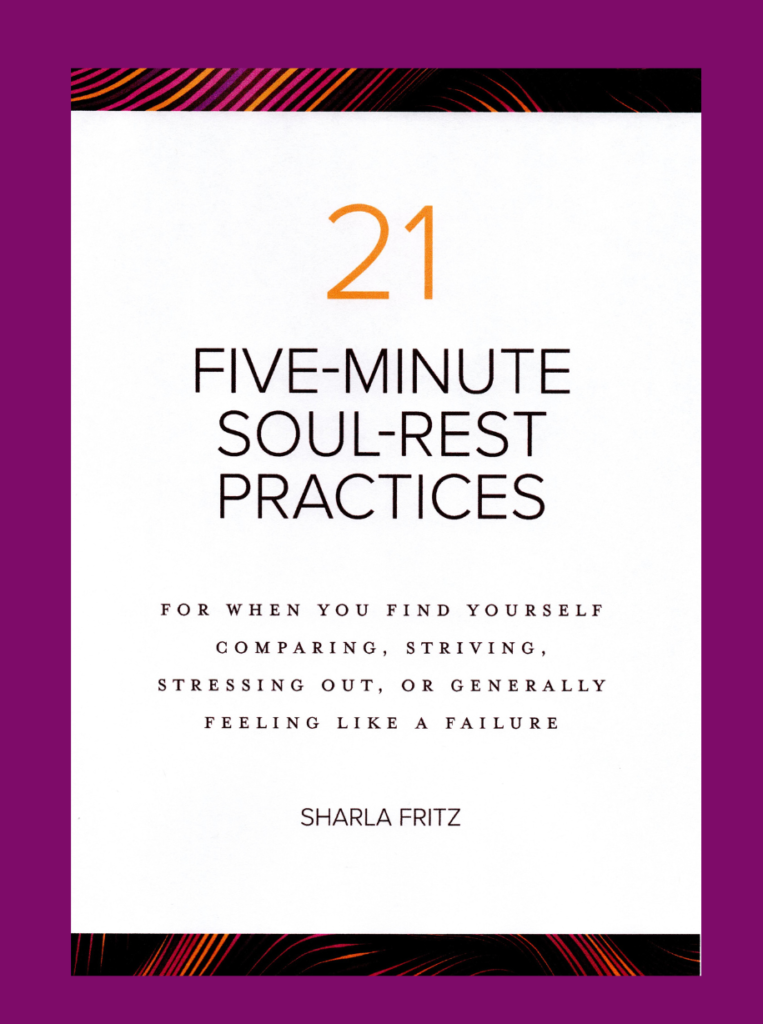
What do you do when angry words build up in your heart? How do you cool them down before they explode out of your mouth like heat-seeking missiles?
I remember the day when, as a newlywed, I decided to cook dinner using one of our wedding gifts—a pressure cooker. I had been learning about the benefits of a vegetarian diet in my nutrition class and was determined to try soybeans. My vegetarian cookbook said a pressure cooker was the fastest way to cook them.
I followed the directions for the correct amounts of water and soybeans, put the lid on my old-school pressure cooker, and popped the pressure valve on top. I turned on the burner and waited for the beans to cook. It wasn’t long before the pressure cooker began to make alarming noises—noises I had never heard before.
I ran to turn off the heat, but I was too late. The pressure valve flew off the kettle and the soybeans sprayed all over the ceiling. While I moaned about the mess, I think my husband secretly rejoiced that he didn’t have to eat the soybeans.
A Personal Pressure Valve
When I’m angry, my pressure valve may also be faulty. Sometimes it’s difficult not to spew all of my messy words into the room. In fact, we use phrases like these to describe our state of mind when we’re furious.
Hot under the collar.
All steamed up.
At the boiling point.
When you’re at the boiling point, angry words may erupt out of your mouth. All that steam inside can cause comments to explode out of your lips–comments you later regret.

Three Ways to Cool Angry Words
How can we cool down our angry words before they search and destroy like heat-seeking missiles? Here are three suggestions I am going to try to put into practice this week:
- Ask “Why am I so angry?” When I reread 1 Corinthians 13:5, “[Love] is not rude, it is not self-seeking, it is not easily angered, it keeps no record of wrongs,” I noticed “self-seeking” is right before “easily angered.” Could my anger be because of a selfish attitude that needs to be addressed?
- Ask “What is the best way to talk about this problem?” Proverbs 15:1 says, “A gentle answer deflects anger, but harsh words make tempers flare.” I need to think through my words before I speak. Gentle, not harsh words will be more effective.
- Ask God for a pressure valve to control my anger. Proverbs 29:11 says, “A fool gives full vent to his anger, but a wise man keeps himself under control.” Before I vent all that anger, I need to remember to ask God to give me wisdom and the ability to control my temper. I will pray for wisdom to know what should be expressed and what should be held back.
Those soybeans on the ceiling? Some vigorous scrubbing removed them. But the words that escape my lips can never be taken back.
I may not be able to control my angry words, but God can replace the valve and prevent an eruption of rage. I pray for the wisdom to know what should be expressed and what should be held back.
It is tempting to give “full vent” to our spirit, but if we are wise we will turn down the heat, ask God to replace the pressure valve, and hold back our harmful words.
Next step: When tempted to explode in anger, turn down the heat, step back, and ask yourself, “Why am I so angry?” “What’s the best way to talk about this problem?” And then ask God for wise words.




































Follow Me!